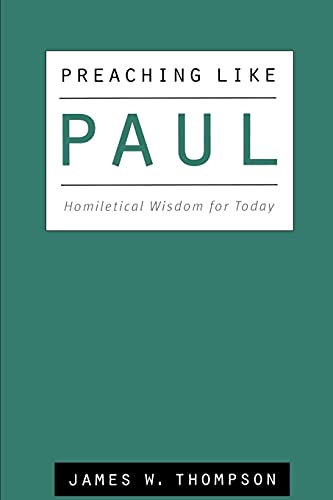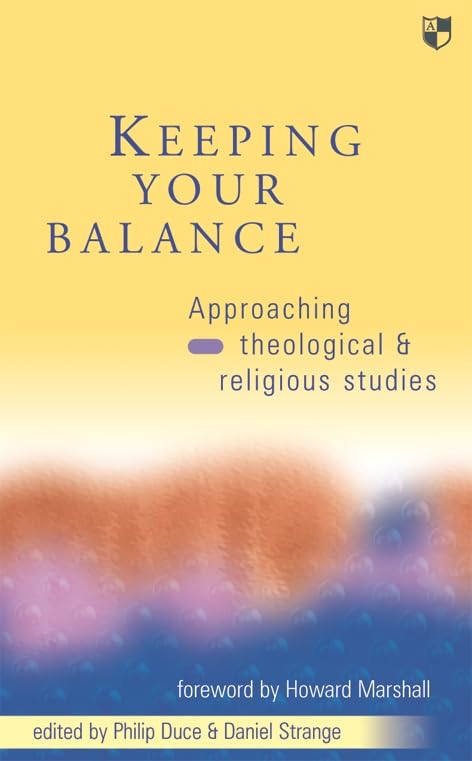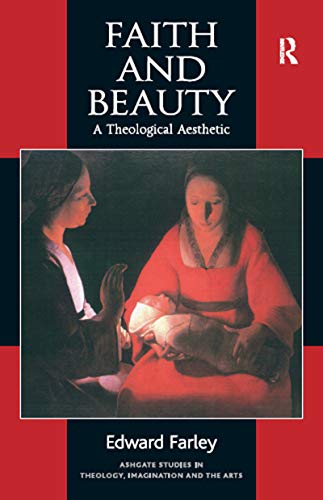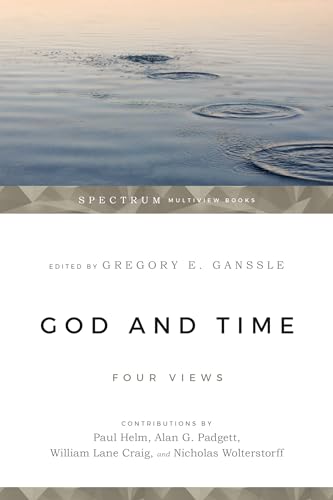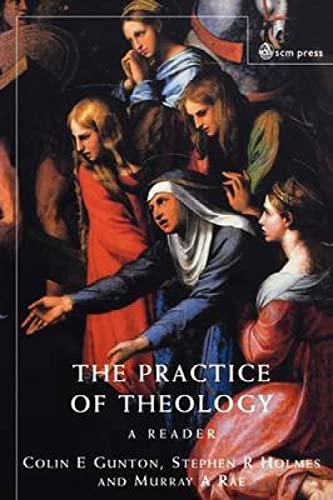THE FIRST CHRISTIAN CENTURIES: PERSPECTIVES ON THE EARLY CHURCH
Written by Paul McKechnie Reviewed By John CoffeyAs its subtitle suggests, this book is not so much a short history of the early church as a set of essays on aspects of early Christianity. Its structure is broadly chronological, with chapters on the first and second generations, Christian growth and persecution, second- and third-century Christianity, the Great Persecution and Constantine. These are interspersed with thematic chapters on the surviving sources, Christians in Caesars’ palace, Gnosticism, and the role of women. As a consequence the book lacks the narrative drive of the standard short histories by Chadwick and Friend, and its densely packed and sometimes technical discussions may reduce its appeal to the uninitiated. However as a state-of-the-art assessment of recent scholarship. The First Christian Centuries is hard to beat. The author classicist rather than a patristics scholar, and his focus is as much on the social history of the early church as on the theological history. Readers whose main interest lies in the theology of the Fathers will need to consult other works, but they will learn a great deal from McKechnie about the context in which the Fathers wrote. Moreover, many readers will appreciate the same analysis of the status of primary sources, both canonical and extra-canonical—from the Gospel of Mark to the Acts of Mark.
What makes McKechnie’s work particularly useful is its judicious critique of trends in recent scholarship. He engages with writers like Elaine Pagels, Dominic Crossan and Gerd Ludemann, who have championed ‘the heretics’ of the early Church and condemned other historians for swallowing the propaganda of the self-styled ‘orthodox’. Whilst paying a good deal of attention to Gnostics, Marcionites, Ebionites and other minor movements, McKechnie argues forcefully that the dynamism of early Christianity derived principally from ‘the Great Church’ of the orthodox majority. In his discussion of women and Christianity he surveys and critiques recent feminist scholarship, concluding that as the church.
grew and made greater numerical inroads into its society, so it moved (not always without provoking protest from Christian women) to become a less egalitarian organisation in gender terms.
Elsewhere, the book interacts with the sociological studies of Meeks, Stark, Meggitt and Hopkins, and the chapter on Christians in Ceasar’s palace it draws on McKechnie’s own research into Christian grave inscriptions.
Inevitably a work of 270 pages is not going to offer a comprehensive overview of early Christianity, and at times the brevity of the discussion will frustrate specialists. Nevertheless, the book is packed with fascinating material, and offers a valuable and concise introduction to the field. Evangelicals have often shied away form the first Christian centuries, leaving them to Roman Catholics and Anglo-Catholics, and IVP is to be congratulated for putting this era back onto our agendas and our reading lists. In an age when Christians are once again a minority in a pluralistic society, learning from the early church is a matter of some urgency.
John Coffey
University of Leicester



